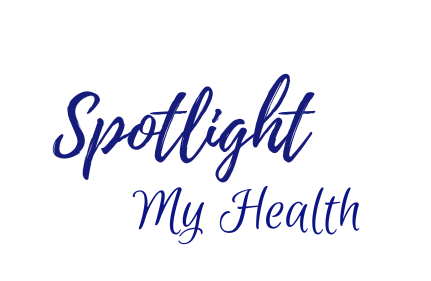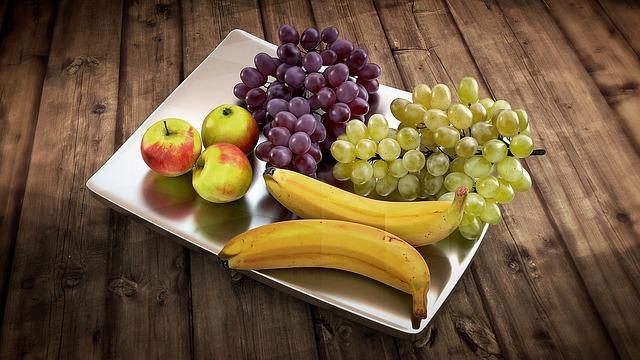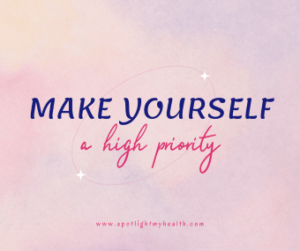As women, we just don’t seem to get enough vitamins and minerals on a daily basis, even if we are eating healthy. It can be a challenge, especially as we get older.
This is because as we age, our bodies don’t absorb the vitamins or minerals that we take in as easily as it used to. And if you add in a restrictive diet, or a hard workout, it’s even harder to meet the daily requirements that women need.
Because of these reasons and the fact that many of us need to learn to take better care of ourselves, I thought I’d do a little research on what vitamins and minerals we should really concentrate on making sure we get.
Here is my list and why I put any particular vitamin on the list. But before I get started, I want to make sure to tell you that I am not a doctor, so I would suggest taking the list to your personal physician to see if he/she agrees with what you need to take.
You may be getting enough with your diet and don’t need to supplement.
There is a pretty good chance that your doctor will want to do a physical. The least they may do is blood work to see if you are low in anything specific.
I am not and have never been a physician. The content on this website is for informational purposes only and does not replace advice or directives from your doctor.
Eight Vitamin and Minerals to Take A Look At
The eight vitamins I’m going to share are recommended ones for one reason or another and certainly ones we should make time for. Healthgrades
Vitamins and minerals are important for our bodies and the agreed upon way of getting them is through the foods we eat. However, that may not always be the case for many of us, so supplements can fill in the gaps.
Vitamins play essential roles in the function of our bodies, but our nutritional needs change throughout our lifetimes. This can make it harder to get all the nutrients we need.
It also depends on our health status and our lifestyle. And as we age, our bodies don’t absorb minerals and vitamins the way they used to.
Water-soluble vitamins are not readily stored in your body, so we need to be aware of that and make sure to get them from our food or supplements. This needs to be done on a continual basis because our bodies don’t store these types of vitamins.
On the other hand, fat-soluble vitamins are stored in your body’s tissues and retained for longer periods of time.
However, both water- and fat-soluble vitamins are needed for critical bodily processes.
Omega 3’s
Omega-3’s are polyunsaturated essential fatty acid (good fats) and essential to good health. Being an essential fatty acid means that your body cannot make these vitamins, so you have to make sure to get them through your foods or supplements. The most common supplement for omega 3 is fish oil or flaxseed oil.
Good Effects
Thickens your hair
Boosts brain function
Helps stiff and achy joints
Reduces inflammation
Improves blood flow
Helps skin glow
Promotes heart health
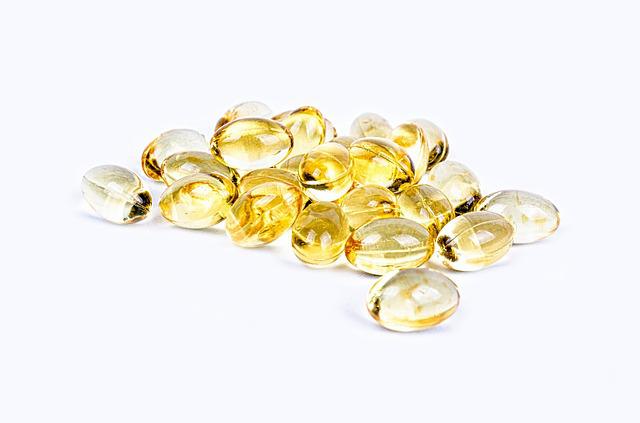
Vitamin B Complex (Water soluble)
There are eight essential B vitamins, and you will usually find each one in a supplement. B complex vitamins include niacin, riboflavin, thiamin, folic acid, pantothenic acid, Vit B6, Biotin, Vit B12 and pyridoxine.
These vitamins help by keeping cortisol from being released and stored when we are stressed. Vitamin B complex also supports our adrenal glands achieve hormonal balance which also affects cortisol.
Good Effects
Improved memory
Vitality
Reduced anxiety and depression
Reduce PMS symptoms
Improved mood
Helps improve memory
Calcium
A mineral that is a must have for strong bones and teeth, calcium also plays a part in our metabolic and nervous system. This mineral, moving through our blood, is essential for supporting our heart, blood clotting, muscles and for normal cell function.
There is a really big reason you need to ensure you get enough calcium. If calcium levels drop, our very efficient bodies will take the necessary calcium from our bones which we all know isn’t good.
Because we are women, we are already at risk for developing osteoporosis, so make sure you get enough of this vital mineral.
Good Effects
May reduce risk of kidney stones
Helps control blood pressure
Protects cardiac muscles
Contributes to maintaining weight
Can help prevent premenstrual depression
Promotes optimum bone health
Vitamin D3
Our body produces vitamin D when we are exposed to the sun. However, due to the minimal amount of time many of us spend outside these days and the use of sunscreens, our body may not absorb the needed benefits of the sun. This is why there are so many women (me included) that are deficient in Vitamin D.
This vitamin is also responsible for the absorption of magnesium, phosphate and calcium. It helps build and support our immune system and helps our body fight off illnesses. Vitamin D also helps your brain cells communicate and boosts immunity.
Good Effects
Helps prevent and treat bone disorders like rickets and osteomalacia.
Boosts immunity
Reduces the risk of high blood pressure
Helps keep teeth healthy
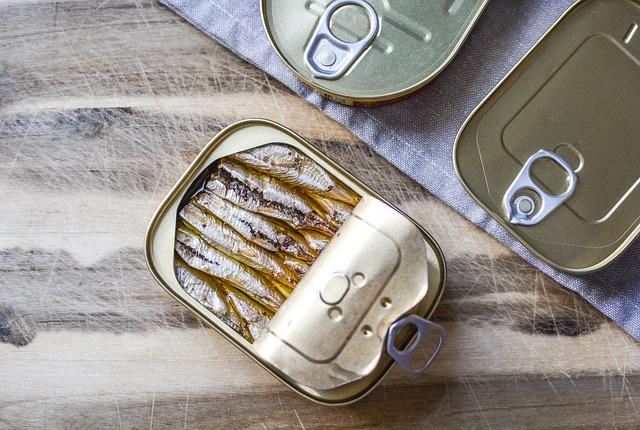
Magnesium
Women don’t seem to get enough of this mineral through a healthy diet. Magnesium is the fourth most abundant mineral in our body and plays a big role in our brain and body health.
Not getting enough magnesium can cause conditions such as inflammation and bad headaches. It can make you feel nervous and weaken your bones. It’s also not good for your heart when we don’t get enough magnesium.
One in every three American women has heart disease, and nearly one in 10 has diabetes. By promoting healthy blood pressure and blood sugar levels, magnesium may help prevent both diseases. (www.healthgrades.com)
According to…
…Dr. Oz, Dr. Weil, and medical experts at the famous Mayo Clinic, low magnesium is a major cause of muscle cramps everywhere in the body. (this includes leg and foot cramps). In fact, 78% of Americans have a severe lack of magnesium.
This is a big problem — because magnesium is a necessary nutrient vital for health. Your body needs magnesium to stop pain, swelling, tension and inflammation.
Studies show that by fixing a magnesium deficiency, it is possible to end foot cramps and stop them from ever coming back. And unfortunately, no prescription medication can fix low magnesium….
I can vouch for this as I will get very stiff, cramping toes that separate. I have to try and walk around for several minutes before they stop and go back to normal.
When this happens, I know my magnesium and/or potassium is low. Trust me when I say this is very painful. So now I take one or the other of these minerals every single day.
Good Effects
Anti-inflammatory benefits
Reduces insulin resistance
Helps against type 2 diabetes
Can help lower blood pressure
Boost exercise performance
Improves PMS symptoms
Iron
Believe it or not, iron is so important for women that you will find it in every single woman’s vitamin supplement. It’s a vital mineral for hemoglobin. Without enough iron, our blood can’t transport oxygen from our lungs to the tissue all over our body.
Dizziness, bruising, difficulty making decisions and fatigue are just some symptoms that can be caused by an iron deficiency.
Did you know that iron plays a big role in weight maintenance? This is because iron plays a vital role in our metabolism.
Women need to make sure to replace what iron we lose every month during our menses.
Good Effects
Provides relief from PMS
Promotes vitality
Aids with muscle function
Helps ease restless leg syndrome
Improves appetite
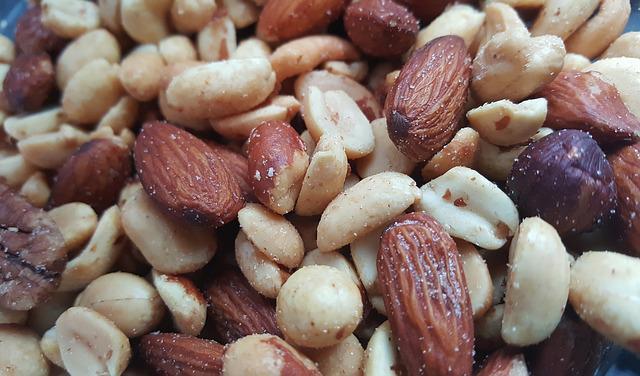
Folate
One of the B vitamins, folate is needed for the formation of both white and red blood cells. It helps in the production of RNA and DNA and in the conversion of carbs into energy.
Women who want to get pregnant may want to start taking this vitamin well before actually getting pregnant because it prevents certain types of birth defects. Speak with your doctor about this if you are planning on getting pregnant.
Green, leafy veggies is where you can get your folate, but if you don’t like eating salads very often, then you may need to get a supplement.
Good Effects
Promotes normal cholesterol levels
May help reduce the risk of a stroke
Good for colon health
Helps maintain a healthy heart
Lowers risk of depression
Potassium
Most women who eat a healthy diet should get enough potassium naturally.
Potassium is a mineral that’s crucial for life because it is necessary for the heart, kidneys, and other organs to work normally.
Low potassium levels are associated with a risk of heart disease, stroke, arthritis, high blood pressure, cancer, and digestive disorders.
Potassium deficiencies are more common in people who:
Smoke
Use certain medicines, such as diuretics
Have physically demanding jobs
Have an eating disorder
Athletes exercising in hot climates and sweating excessively
Have health conditions that affect their digestive absorption, such as Crohn’s disease
Abuse alcohol or drugs
NOTE: **Always take potassium supplements with a full glass of water or juice**
Good Effects
Supports cardiovascular health
Gives insomnia relief
Helps with digestion
Supports brain health
Fights respiratory disorders
Promotes energy
Soothes muscle cramps
Coenzyme Q10
CoQ10 is a fat-soluble nutrient that is a vital part of fueling the production of energy within cells all over our body. It’s also a powerful antioxidant.
CoQ10 helps prevents premature aging, promotes a healthy heart and boosts our circulatory system. This nutrient is also fuel for our organs that demand a lot of energy like our brain.
As we get older, the production of this antioxidant declines, so we don’t get its protective benefits. There are also some medications that inhibit production of CoQ10.
Ask your doctor about any medications you may be taking. Be sure to get CoQ10 in foods such as meat, fish, beans and legumes or as a supplement.
Good Effects
Promotes younger looking skin
Helps with diabetes
May reduce headaches
Protects the lungs
Provides energy to the brain
May help treat heart failure

Biotin
Biotin (vitamin B7 or vitamin H) is one of the B complex vitamins. Its primary role is to help convert the food you eat into energy. Your body also needs it to produce keratin.
B vitamins, and specifically biotin, help keep your skin, hair, eyes, liver, and nervous system healthy.
Biotin is a vitamin found in foods like eggs, milk, and bananas. A deficiency of this nutrient can cause thinning of the hair and a rash on the face.
Biotin is a part of enzymes in the body that break down substances like fats, carbohydrates, and others.
If you are looking to use this vitamin for hair loss, you should look for the following ingredients to ensure a hair supplement can back up its claims:
Key Ingredients In A High-Quality Hair Vitamin
Saw Palmetto
Biotin
Hydrolyzed Collagen
Tocotrienols
Reishi Mushroom
Flaxseed Oil
Avoid These Harmful Ingredients
Magnesium Stearate
Titanium Dioxide
Good Effects
Regulates Metabolism Levels
Protects The Heart
Alleviates Allergic Disorders
Promotes Brain Function
Boost Immunity Power
Reduced Blood Sugar Levels
Suppresses Inflammation
Repairs Tissues and Muscles
Final Thoughts
Vitamins and minerals are essential to women’s health and when not getting them through our diet, we may need to look at supplements. That said, I definitely believe this subject should be discussed with your primary care physician for their OK.
You may not need the suggested vitamins and minerals, or you may end up needing something that I didn’t write about.
My purpose for this post is aimed at providing information for better health. Only you know how good or poor your diet is and whether you may need supplements or not. A vitamin regime needs to be very personal and individualized. One size does not fit all.
Factors such as age, pregnancy and breastfeeding, medical conditions, medication use, and lifestyle choices, need to be taken into consideration.
Here’s to good health for all of us….
Cher
Relevant Reading
Ten Easy Tips to Improve Your Health
What Are Superfoods and Their Benefits
